It is almost three years to the day since Ursula von der Leyen gave her inaugural State of the Union address in Brussels. The newly elected President of the European Commission touched on many subjects on September 16, 2020, among which was the migrant crisis, ‘an issue that has been discussed long enough’.
It was time to move from words to actions, said von der Leyen: ‘If we are all ready to make compromises, without compromising on our principles, we can find that solution.’
Von der Leyen then explained that a ‘new pact on migration’ was to be unveiled the following week, one which ‘take action to fight smugglers, strengthen external borders, deepen external partnerships and create legal pathways.’
Yesterday in Strasbourg, von der Leyen gave this year’s State of the Union address. The ‘new pact’ that she had cited three years earlier still hasn’t seen the light of day, she admitted, but ‘an agreement on the pact has never been so close’. Therefore von der Leyen urged one last collective effort. ‘Parliament and the Council have a historic opportunity to get it over the line,’ she said. ‘Let us show that Europe can manage migration effectively and with compassion. Let’s get this done!’
On the same day that von der Leyen was exhorting Europe to take control of the migrant crisis, 6,800 people landed on the Mediterranean island of Lampedusa. In one day. They arrived from North Africa in an armada of flimsy fishing boats, bringing the total number of migrants who have made it across the sea to Italian territory this year to more than 120,000. Among this figure are 11,000 unaccompanied minors.
According to Andrea Costa, the president of a migrant NGO in Rome, the majority of the migrants come from South Sudan, Sudan, and Eritrea. Few intend to dawdle in Italy. Their objective is to head to northern Europe.
Earlier this month there were violent confrontations in Oslo and Geneva (and also Tel Aviv) among rival factions of Eritreans who had gathered to commemorate the anniversary of the war against Ethiopia. Political differences created tensions and it took the police in the cities several hours to restore order as hundreds of men fought each other with knives and iron bars.
The previous month in Stockholm there was another riot involving Eritreans, this one leaving more than 50 people injured at a music festival. In response to the disorder, Sweden’s Justice Minister Gunnar Strömmer declared: ‘If you flee to Sweden to escape violence or are on a temporary visit, you must not cause violence here.’
And who’s going to stop them? Certainly not the Swedish police, who no longer control some parts of their cities. In other countries, notably Belgium, Holland and France, lawlessness reigns in many towns and cities.
In an interview last month with Le Figaro, former president Nicolas Sarkozy issued a warning to his compatriots. ‘Between now and 2050 the population of Africa is going to increase from 1.3 to 2.5 billion people, half of whom will be under the age of 20,’ explained Sarkozy, referencing United Nations’ estimates. The UN also expects Africa’s population to increase to 4.3 billion by 2100, approximately 39 per cent of the global total. ‘This huge population is the neighbour of a European continent in demographic decline,’ continued Sarkozy. ‘Alas, the migrant crisis hasn’t really begun.’
In Sarkozy’s opinion, the only way to resolve the situation is massive European investment in Africa in order to incentivise the young to stay. The weakness in that argument is that Europe is itself in the grip of an economic crisis that is impoverishing millions of its citizens. Factor in the chronic underinvestment in public services across the continent and one has to ask if Europe is in a position to help Africa when it has so many problems of its own.
In her latest State of the Union address, von der Leyen honed in on the criminal gangs that traffic people from the developing world into Europe. ‘It is time to put an end to this callous and criminal business!’ she exclaimed, and to that end she intends to organise an international conference on fighting people smuggling.
It’s unlikely the smugglers will lose much sleep over von der Leyen’s pledge. Nor will they take any notice of Keir Starmer’s promise to crack down on their business. Why should they after a decade of similar declarations from European politicians, such as Francois Hollande and David Cameron?
In May 2015 the EU unveiled its ‘Action Plan’ to combat migrant smuggling. It was a five-year plan and in the Commission’s words it ‘sets out concrete actions to prevent and counter migrant smuggling.’
The plan failed. It’s highly likely that von der Leyen’s Pact will fail. Europe has lost control of the migrant crisis. Sarkozy is right. Europe ain’t seen nothing yet.
Got something to add? Join the discussion and comment below.
Get 10 issues for just $10
Subscribe to The Spectator Australia today for the next 10 magazine issues, plus full online access, for just $10.


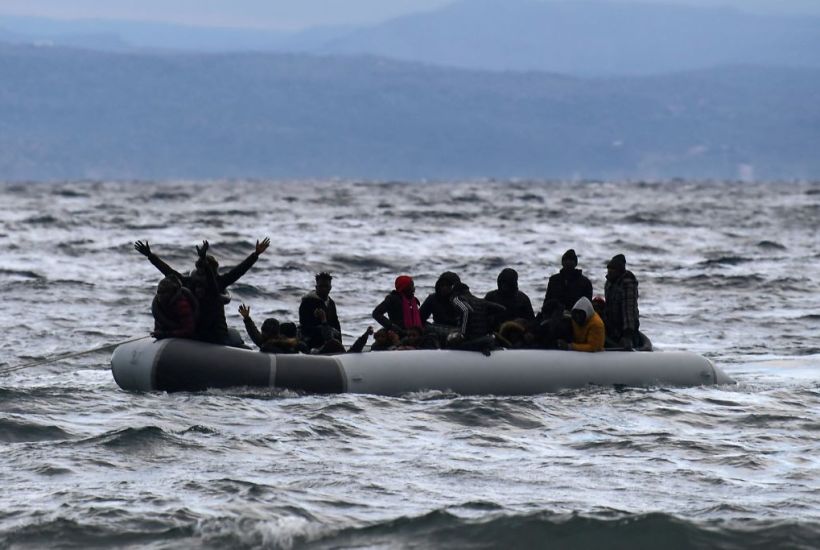
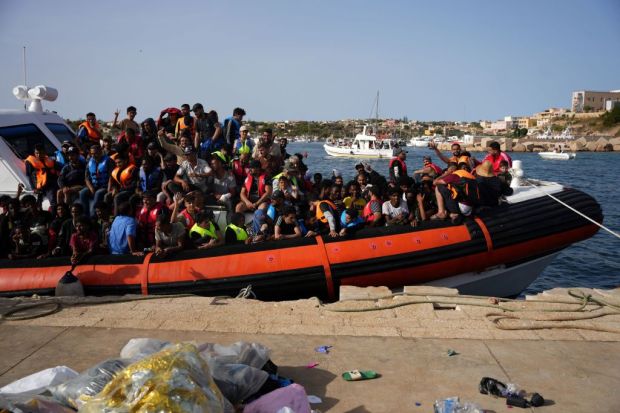
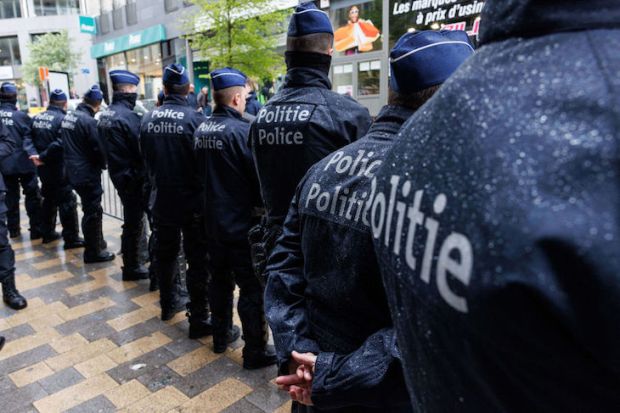

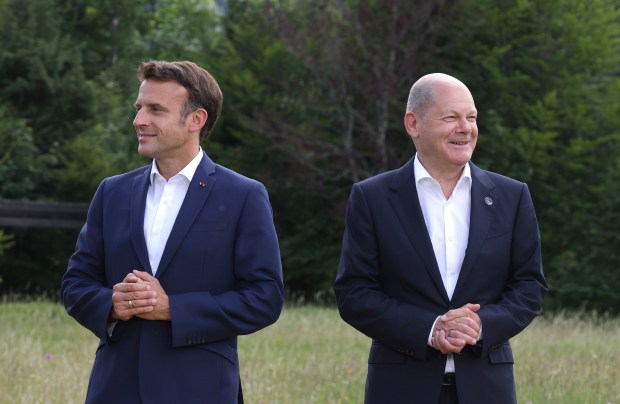
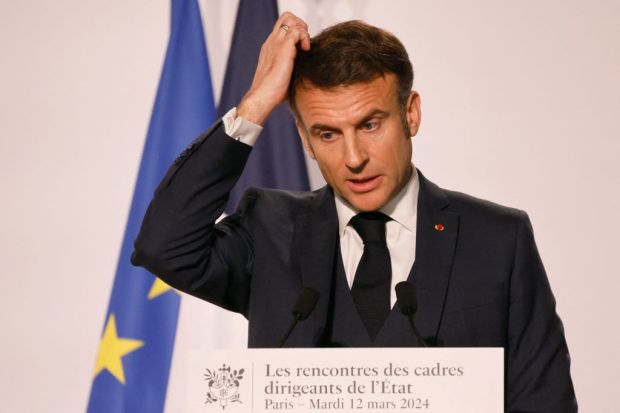
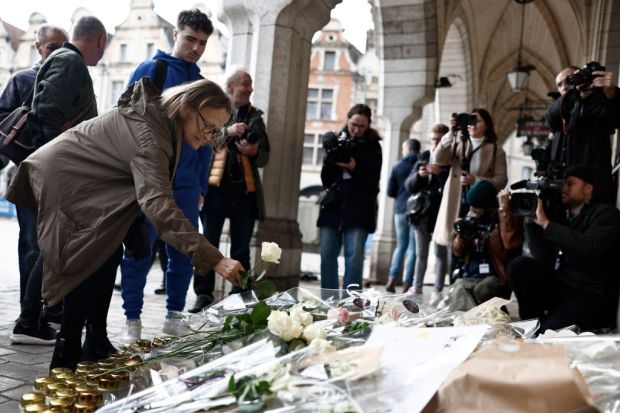












Comments
Don't miss out
Join the conversation with other Spectator Australia readers. Subscribe to leave a comment.
SUBSCRIBEAlready a subscriber? Log in